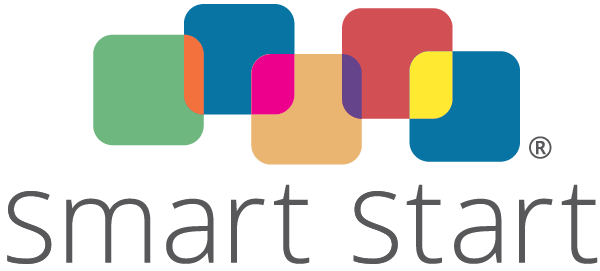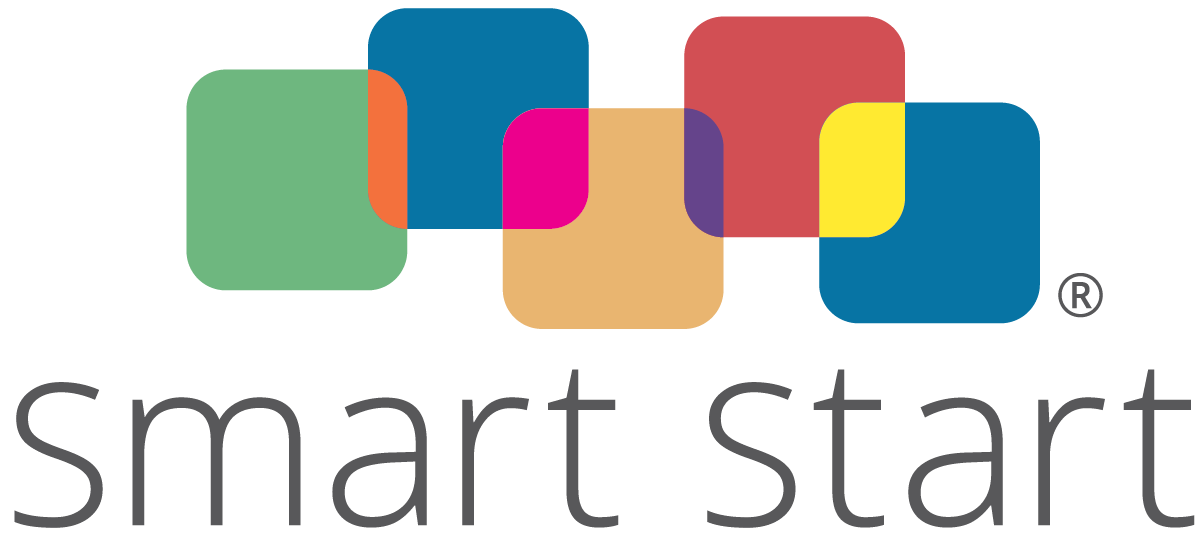Just Ask!
Just Ask! : One CFLE’s Lesson Learned in Becoming a Culturally Responsive Home Visitor
by Ebonyse Mead, EdD, CFLE (Certified Family Life Educator)
Home visiting programs offer coordinated and comprehensive support to families. Services often include parenting education, health care information, school readiness, early intervention, and child abuse and neglect prevention. Multiple researchers have found that high quality home visiting programs can improve outcomes for children and families especially those experiencing multiple risk factors such as lack of social and financial support, mental illness, and substance abuse. However home visiting is no easy task. It takes a special kind of person to be a successful and effective home visitor. Having worked as a home visitor with families and their children for over twelve years, there are three considerations for home visiting that I adhere to. These include (1) strength based approaches to building authentic relationships with families, (2) being both empathetic and non-judgmental, and lastly (3) being culturally responsive. This article will tell the story of a family I worked with and my lesson learned in being a culturally responsive home visitor.
I worked as the early childhood program manager for a bi-lingual community based home visiting program. One of the families on my caseload was a family from the Congo in Africa. The mother had three young girls all under the age of six. The oldest child was in Kindergarten, the middle daughter was age 3 and beginning preschool in the upcoming Fall, and the infant was eight months. The mother was married, but her husband often traveled back to the Congo for work. It was a joy to work with this family because the mother was pleasant, humbled, and genuinely appreciative of the support and service our program offered. One of the things I admired about the mother was her dedication and investment in her children’s’ education.
The agency I was employed with was starting a part day community preschool. Because I knew the mother was adamant about her children’s education, I offered her an enrollment application. I had only been visiting the family about a month before giving the mother the enrollment application. I visited with the family around noon once a week during lunch time as that time was convenient for the mother. I noticed the mother always fed the toddler. I didn’t know if the mother fed the toddler because she didn’t want a mess on the kitchen table or if it was a practice in their culture. However, I knew I had to inquire about this practice if the toddler would be attending preschool. I knew the teachers at the preschool would not feed the toddler and it would be expected that she knew how to feed herself. I wanted to be sensitive in approaching this topic just in case this was a cultural practice. I didn’t exactly know how I was going to raise the question with the mother. I spoke with my supervisor about the best way to approach the subject during reflective supervision. My supervisor suggested, just ask.
Being mindful that the mother and I were still in the infancy stages of getting to know each other, I thought the best way to raise the question was to ask the mother to tell me about some of their cultural practices around child rearing. Delighted to share about her culture, the mother talked openly about some of their cultural practices including feeding and shared that in their culture it’s common to feed young children. I shared with the mother some of the American cultural practices around parenting as well as the expectations of young children when they enter school. I shared with the mother that when the toddler goes to preschool the teachers will expect her to feed herself. I asked the mother did the toddler know how to feed herself. She responded yes with some help. In an effort to respect the cultural differences around feeding practices and wanting to ensure the toddler could independently feed herself, I asked the mother would it be okay if we practice allowing the toddler to feed herself during our weekly home visits. The mother agreed.
Each week we allowed the toddler to choose her lunch or snacks and she would help her mommy prepare her lunch/snack. The mother would ask the toddler if she wanted to sit at the kitchen table or make a space on the living room floor in front of the television. I discussed that toddlers are very autonomous little people and allowing the toddler to choose her lunch and/or snack and where she wanted to eat it would foster her sense of independence. Using the Triple P level 3 curriculum, I offered the mother the independent feeding tip sheet to help guide her in allowing the toddler to learn to self-feed. Needless to say, the toddler was able to feed herself independently and had no issues adapting to the new school culture during meal time.
My lesson learned: From this experience not only did I learn about a different culture’s parenting practices, but I learned about myself in the process. Being culturally responsive takes intentional work. It requires one to pause, step back from their own cultural practices, beliefs, and norms, and learn about the cultural background and practices of others. According to Carol S. Klass’ 2003 book The Home Visitor’s Guidebook: Promoting Optimal Parent-Child Development, home visitors working with culturally diverse families must build rapport, respect, and listen empathetically to families. I did just that. I listened as the mother told me about child rearing practices in her culture. While respecting those practices, I obtained her permission to try and let the toddler feed herself independently.
We all have assumptions, biases, and preconceived notions about individuals and groups of people different from our own racial and ethnic backgrounds. We take our assumptions and biases into our work with families. Just as families bring their assumptions and biases into the relationships we form with them. However, as professionals we must be intentional in examining our own biases and assumptions as well as reflecting on how those biases and assumptions can influence and/or impact our relationships with families. Being culturally responsive is not about knowing every detail about the different cultural groups in your program. That’s impossible! It’s about being aware of your own cultural beliefs and identity, respecting, appreciating, and acknowledging the cultural uniqueness, life experiences, and different perspectives of the diverse families you serve. My lesson learned in becoming a culturally responsive home visitor is just ask!
Ebonyse Mead, EdD, CFLE , is a Family Support Program Officer with the North Carolina Partnership for Children.
This article originally appeared on the National Council on Family Relations website


